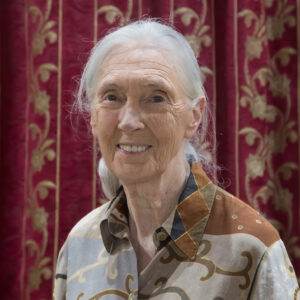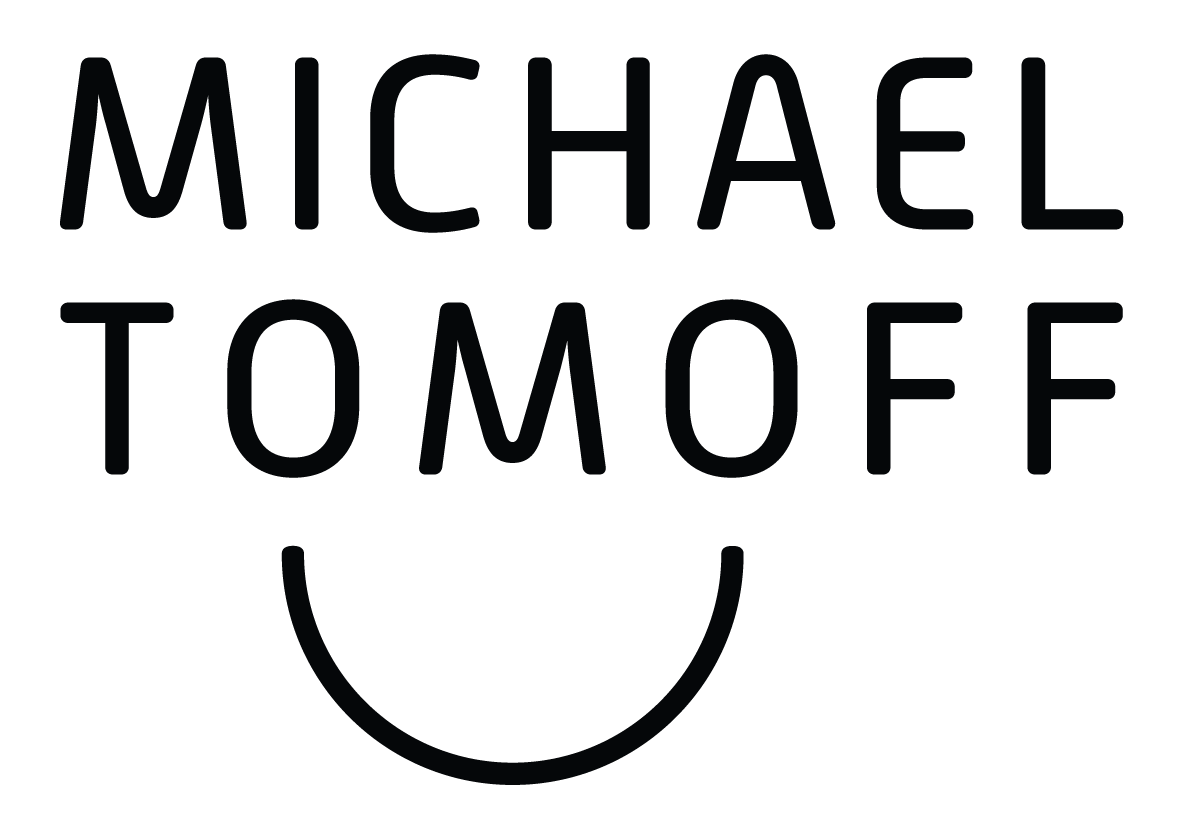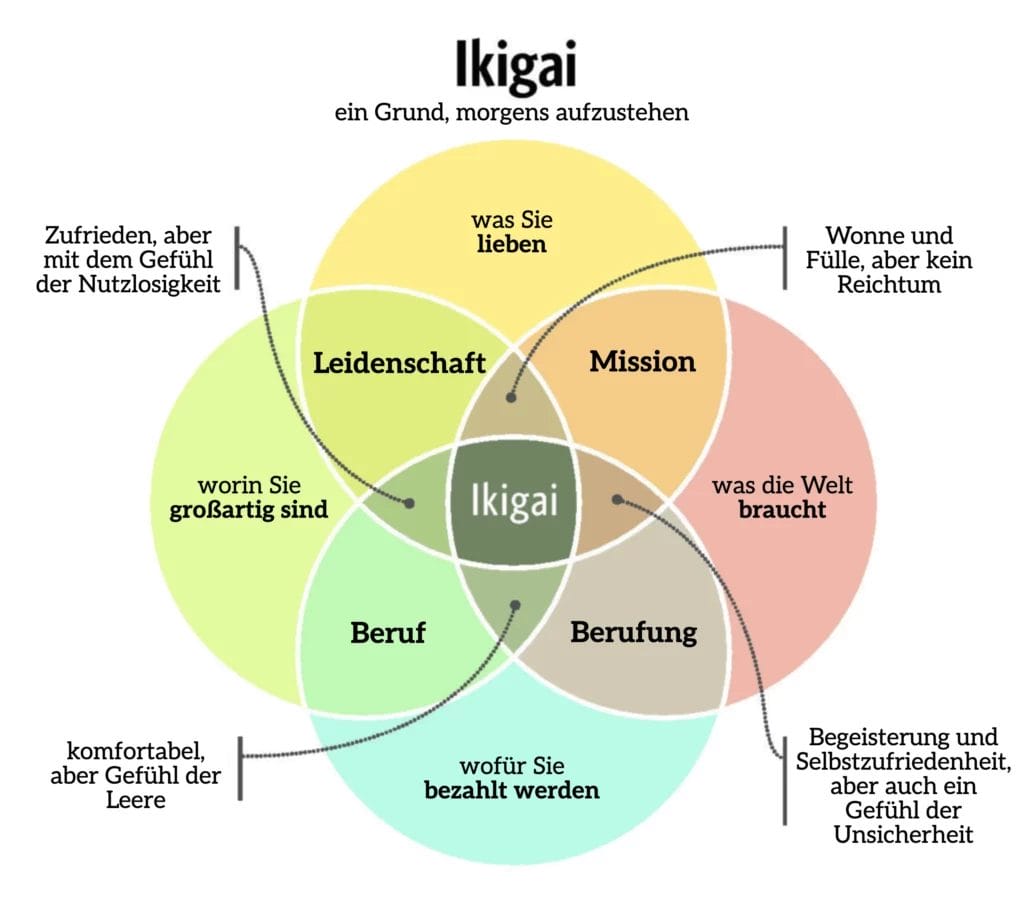Ikigai is a concept that the pursuit of happiness and fulfillment describes. In this article, we will explain how you can find your Ikigai and why it is important to be aware of it. You can learn everything there is to know about the Ikigai model and how it can help you to lead a more meaningful life.
What is the Ikigai model?
The term Ikigai is a Japanese word that stands for "iki" (life) and "gai" (value or purpose). The neuroscientist and author Ken Mogi explains that Ikigai to get up as "one of the reasons, in the morning," or "joy can be translated on the awakening", suggesting that increased Motivation and joy in life.
It is a life philosophy from the Japanese culture that can help us achieve our goals in life and to discover the reasons for our daily activities, and to understand better.
The model can be understood as a map, the "treasure" – your full life can be found. The map takes you through the different aspects of your life and helps you to find the right path to happiness and fulfillment.
Of course, the "luck" is a little more complex than the red cross on a pirate treasure map. And the question of the meaning have also not short, But you know what I mean. 😉
The intersection of four main elements forming the core of the concept of Ikigai.
The four areas of the Ikigai model and a little self-reflection
In order to find your very own personal Ikigai, it is helpful to explore the following four aspects and think about what Overlap there is in your life.
- Passion (what you love): the things that give you joy, your interests and Hobbies – what inspires you and drives.
- Mission (what the world needs): to have A great job and your Benefits for others, for society – the challenges to be addressed, and how to solve these problems can contribute.
- Profession (what you paid): your Knowledge and experience – that's what allows them to make their living to earn and demand in the labour market to be.
- Appeal (that is, what they are good at): their natural abilities and those that you have developed over time through Practice and training – what they are talented, and where your Strengths lie.
Ikigai is not only an interesting concept with a desirable target (who wants to finally not find out what is worth living for, or purpose in life?!). It also has a scientific Background, is also investigated in the Positive psychology.
How can Ikigai come to our benefit?
The traditional and resistant Japanese way of life, the Ikigai embodied, could offer to our modern way of life, a lot of Enriching.
This is also recognized by the science. As a result, there has been a recent increase in the number of research, with a focus on Ikigai as a method to find a "meaning of life", but also more generally to the associated health benefits (Fido et al., 2019).
Although it is difficult to define Ikigai exactly are the benefits of becoming more apparent when the model is combined with the positive psychology and preventive medicine. Francesc Miralles Héctor García have shown that Ikigai is a useful indicator of physical and mental health (García & Miralles, 2018; Mori et al., 2017).
The positive effects of Ikigai show up in many areas of life, including (Fido et al., 2019):
- in the case of the physical health older people
- when mental well-being carers and overall mental health
- with a reduced incidence of stroke and cardiovascular disease
However, it is difficult to measure Ikigai, and to understand, therefore, almost impossible, completely, what, how and why we improve ourselves in the areas examined.
After all, Ikigai is a complex, composite construct, and our relationship with it is probably not easy to see how its presence or absence.
Find Your Ikigai. Or the meaning of life...
Even Albert Einstein is credited to have on the meaning of life thoughts. He would not be to be a successful person, but a valuable one, as Einstein. "The purpose of life is to give life meaning.", Viktor Frankl (Frankl, 2010), an Austrian psychiatrist, KZ-wrote and founder of the Logotherapy Survive. Two quotations have in common is that they describe in concrete terms what the meaning of his own life now.
The Ikigai model helps out with more concrete Steps.
Ways to discover your Ikigai
Ikigai requires time and self-reflection. But it's worth it! The following steps may help you find your life purpose:
They deal with their passions and their vocation: What you love and what are you really good?
Example: If you love photography and a knack for beautiful motifs have, you could participate in photography workshops to develop their skills and to meet like-Minded people. For example, use a list to capture their passions and talents. You set specific goals, your photo skills to develop and to regularly integrate into your daily life. On the way to work or in nature or at home.
You Recognize Your Calling: What the world needs and how you can help?
For example, If you want to use, for the protection of the environment, you could volunteer for an environmental organization, or your lifestyle more sustainable. You search for e.g. organizations, or projects, which deal with topics that are important to you. You can get involved to make a contribution to the solution of these problems.
Find Your Career: What can you do to earn money and to use their passions and talents? How can you make a living?
For example, If you are good at Writing and technology of interest, you could work as a technical writer, in order to make complex technical concepts to a wider audience to understand. For example, create a resume that highlights your passions and talents in these areas. You apply for Jobs or projects that take these aspects into account and offering them the possibility of this in your work.
You reflect on the intersection of these aspects: Where to meet your passions, talents, a vocation and a profession?
Example: you are a passionate gardener, have a Talent for Design and wish – as indicated above – a contribution to environmental protection. As a landscape architect in you will have the opportunity to connect these aspects and earn money at the same time in order to influence the environment and to make.
Visualize, for example, your Ikigai by creating a diagram, your passions, talents, vocation and profession. You can identify the intersection of these elements and set goals to realize their Ikigai in your life.
20 questions you can ask to the four areas of life
What do you love?
- What things from boredom in the first place?
- When do you feel most happy?
- What did you do when you have forgotten the last time?
- What has left you in the past, full of energy?
- What would you do even if you got no money?
What are you good at?
- With ask the people for help?
- What skills or talents fall easy for you?
- What are you top-notch, without even really trying?
- What are the responsibilities in your current Job to be effortlessly?
- In which activity they Shine in your circle of friends, in the workplace or in your community?
What can you be paid?
- What would you do if you were in your current Job?
- You can make a good long-term livelihood?
- What is the competition? Discover a niche?
- What are the Jobs, positions or tasks that arouse your interest?
- You already earn well in your work area?
What the world needs?
- What could you do or offer that would be for others important?
- What are the problems in their society or region you want to help solve?
- Your work will be in ten years, still relevant?
- What is the world missing?
- How could they be more involved in your community?
Anyone using Ikigai achieved a lot of sense determination has
A Person that I would like to call as an example of a successful Find of Ikigai, the world-famous Primatologist Jane Goodall.
Goodall had at a young age a passion for animals, especially primates. In her early twenties, she pursued her passion for monkeys and worked closely with the anthropologist Louis Leakey.
With the Leakeys support Goodall began her life-long exploration of monkeys in the wild. She was extremely adept closely with monkeys to cooperate and documented their intelligence and social interactions. In addition, you sat as an animal rights activist committed to the preservation of monkeys, and other animals from harmful experiments, and the destruction of their habitats.
In this way, pursued Goodall your passiondeveloped Skills in this area, fed the global need for Knowledge and protection of primates and for a livingby publishing books about the behavior of apes and fees for lectures received.
You could say that in the center of your Ikigai to Connect, Learn about and Advocate for the great apes, and Goodall, through this connection, in a fruitful way with all living beings in contact.
Areas of application of the Ikigai model
There are various ways of applying the model. In Coaching Sessions, the following variants are the most common:
- Professional Developmentthe Japanese philosophy can help you to find a career that both individual passions, as well as talents are taken into account and a contribution to society. For example, someone can love the music and talented in the communication, a career as a music teacher or music therapist in consideration, in order to allow other people joy and healing through music.
- Volunteering: When his passions and skills to help other people or organisations that you can find by using the philosophy of life of Japan in a feeling of satisfaction and fulfillment. For example, someone who likes to cook and help others, volunteer at a soup kitchen or cooking courses for disadvantaged young people could offer.
- Intimate Relations: Ikigai can help you to have a deeper and more meaningful relationships with family, friends, and partners, by his passions and interests are divided, and collaborate on projects or activities, works, both for enriching as well as socially valuable. The Hobbies and interests that correspond to the own skills and passions.
- Self-care and self-development: Ikigai can also help to lead a balanced life, by focusing on their own goals, which promote the health and well-being as well as for personal growth. For example, someone who values physical Fitness and social interaction could join a sports team or a fitness club to improve his health and to find new friends.
Overall, the application of the Ikigai concept can contribute in various areas of life to lead a balanced, happy life. It is a powerful concept that can help you lead a more fulfilling and happier life and to find their vocation and to make your life a powerful development.
You just have to start. 😉 For example, Filling out checklists and questionnaires that deal with the topic and your Ikigai bring you closer.
A free Translation of the original, you will find the Complete ready for example, right here in the Lumen GmbH Hannover: https://finde-zukunft.de/blog/ikigai-qualitten-test-ikigai-9
Literature
Frankl, V. E. (2010). ...nevertheless, the Yes to life: a psychologist experiences the concentration camp. Kösel-Verlag.
Fido, D. (2019). The measurement of ‘Ikigai’ in the West and its association with depression and wellbeing. University of Derby Blog. Erhalten am 11.11.2021 von https://blog.derby.ac.uk/2019/09/the-measurement-of-ikigai-in-the-west/
García, H., & Miralles, F. (2018). Ikigai: The Japanese secret to a long and happy life. Thorndike Press Large Print.
Mori, K., Kaiho, Y., Tomata, Y., Narita, M., Tanji, F., Sugiyama, K., ... Tsuji, I. (2017). Sense of life worth living (ikigai) and incident functional disability in elderly Japanese: The Tsurugaya Project. Journal of Psychosomatic Research, 95, 62-67.


